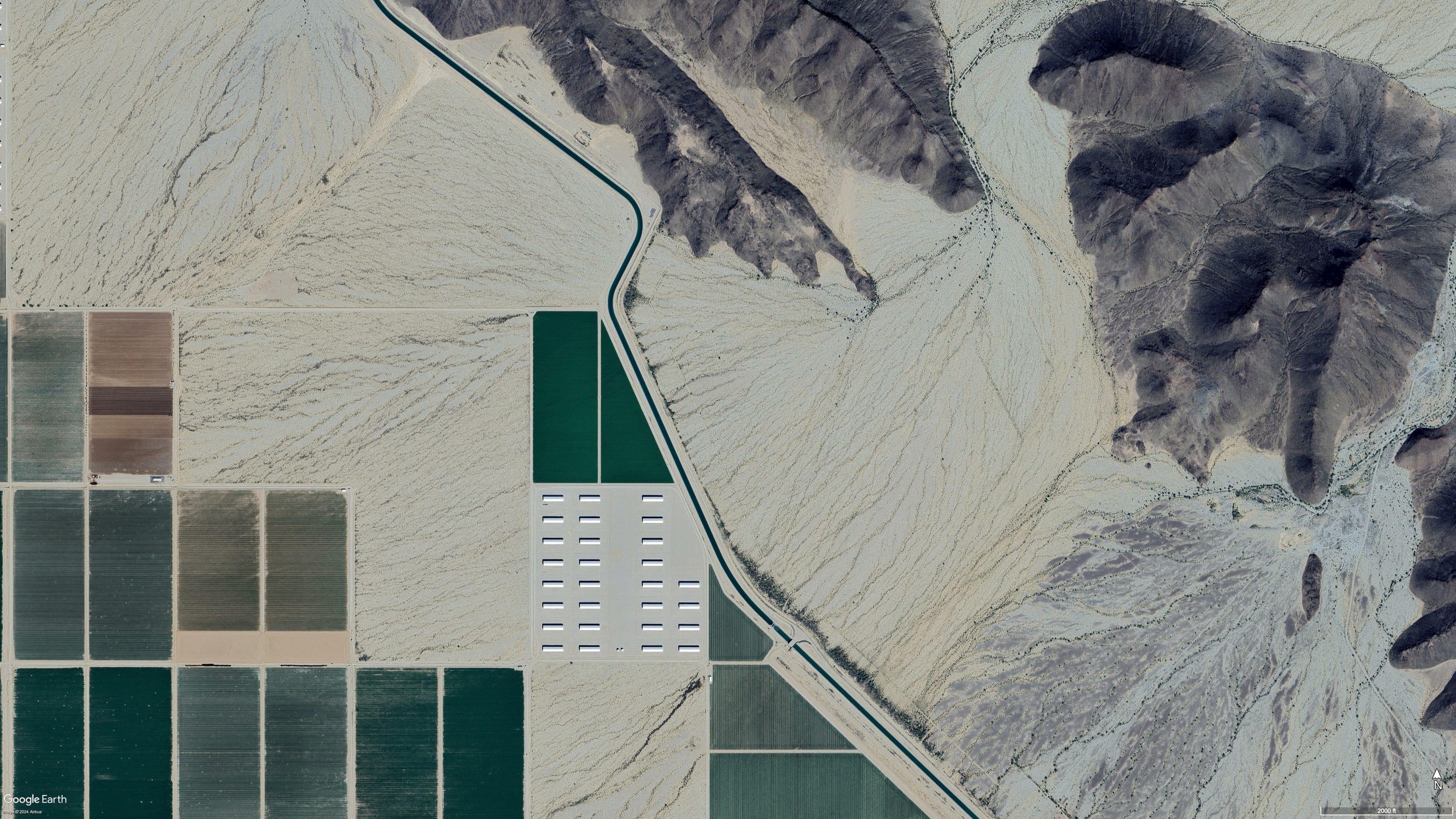Messing w/ Maps: Colorado River Plumbing edition
Political Pondering: Lyman's back at it; What's up with Adam Frisch?

🗺️ Messing with Maps 🧭
Imagine that you’ve set off for a hike in the desert of western Arizona, hoping to get up high so you can get a view of the juxtaposition of alfalfa…


